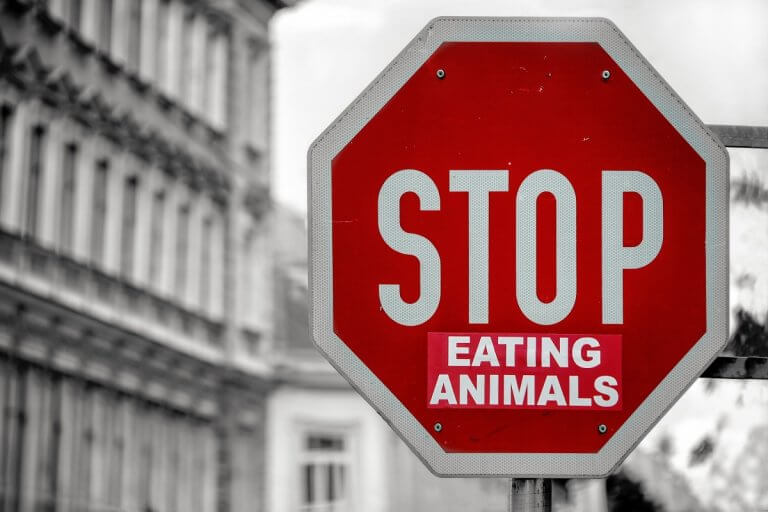
Last week, the BBC published an article entitled A bit of meat, a lot of veg – the flexitarian diet to feed 10bn.
The article promotes a diet of primarily consisting of beans, lentils and other legumes, with a hearty proportion of nuts, fresh vegetables and carbs to feed the constantly ballooning global population.
The diet was conceived by a group of 37 scientists from around the world, brought together as part of the EAT-Lancet commission. The diet includes the suggestion that red meat consumption will have to be cut down to one portion per week, with slightly more chicken and fish permitted.
But more and more young people, particularly students, are going the whole hog (pardon the pun) and adopting a fully vegetarian or vegan diet.
Veganuary, a campaign in which people go vegan throughout the month of January, grew by a staggering 183 percent in 2018, with a whopping 168,500 participants. Comparatively, there were only 59,500 participants in 2017 and just 3,300 in 2014.
Many people extended Veganuary and stuck it out last year, with almost half (42 percent) of UK vegans making the full switch in 2018, which shows just how fast veganism has been growing, and it’s not just in the UK, but across the world.
In the US, 400 million fewer animals were killed in 2014 compared to 2007 because people were eating less animal products, and in November last year, there were as many people searching for vegan Thanksgiving recipes as there were people searching for turkey Thanksgiving recipes.
Food Revolution Network believes that “Millennials are central drivers of this worldwide shift away from consuming animal products”, with generation Z in hot pursuit.
The engagement of young people on this issue certainly correlates with the growth of the internet and the increased availability of information about where our food comes and how it’s made.
With streaming platforms such as Netflix showcase movies on the pros of being vegan for environmental reasons (‘Cowspiracy’), health reasons (‘Forks over Knives’) or ethical and animal rights reasons (‘Earthlings’), more and more people are educating themselves about food and choosing to make the switch for personal reasons.
According to a 2018 Oxford University study, “avoiding meat and dairy is the single biggest way to reduce your impact on Earth”, as animal farming provides just 18 percent of calories but takes up 83 percent of our farmland, and young people are taking note.

Source: BBC
An article published by The Guardian in 2016 also owed the increase in veganism and vegetarianism to Instagram, with its younger users propelling the change.
Instagram glamorises a vegan lifestyle whilst making it feel accessible with accounts such as @avantgardevegan and @bosh.tv regularly posting how-to videos for exciting and tasty dishes, as well as lifestyle accounts such as @venetiafalconer advocating for veganism.
Many of the teenagers mentioned in The Guardian’s article are a part of the generation of considerate eaters currently studying at university. A traditionally politicised time of life, it’s no wonder that university students are a major driving force behind the switch to veganism.
Vegan and vegetarian societies can be found at most universities in the UK, for example the University of Bristol and the University of Edinburgh. The Vegetarian Society even offers grants to young vegetarians and vegans, utilised by students for university supplies or particular projects.
A vegetarian or vegan diet is also popular among students for practical reasons. Living on a student budget can be tough and saving money not buying meat is an easy fix, together with the ethical and political element.
More and more companies are jumping on the bandwagon, with Greggs recently releasing their vegan sausage roll, an affordable and accessible vegan option which has sold out at stores across the UK.
Tesco now stocks a full vegan range of ready meals and lunches by Wicked Kitchen, and Zizzi now offers an award-winning vegan menu.
So, whether students are turning vegan to reduce carbon emissions, save animals from slaughter or to save their own pennies, there’s no doubt that this food trend isn’t going anywhere, and maybe, just maybe, it might go some way to helping feed our growing population.







